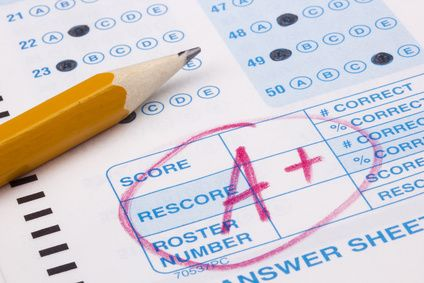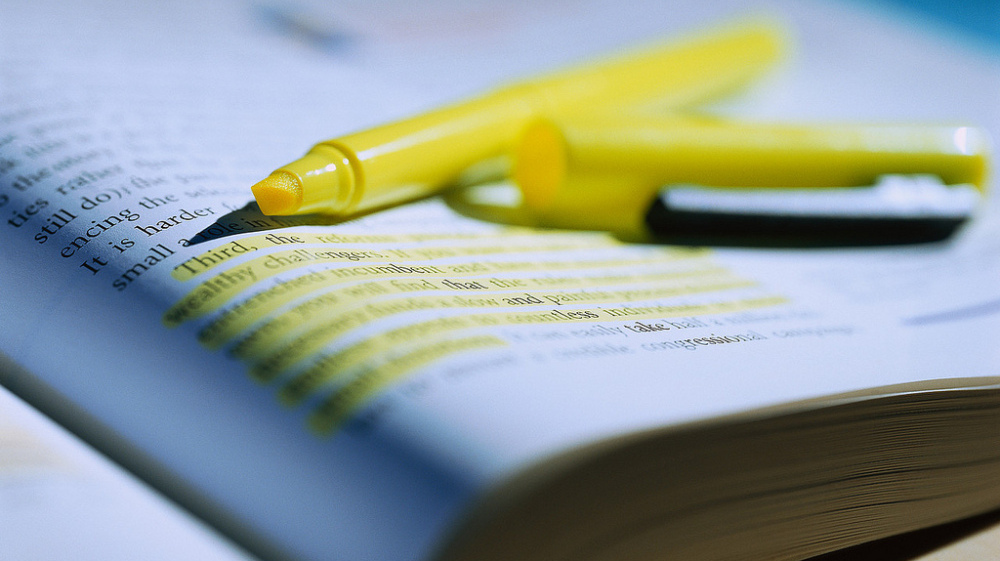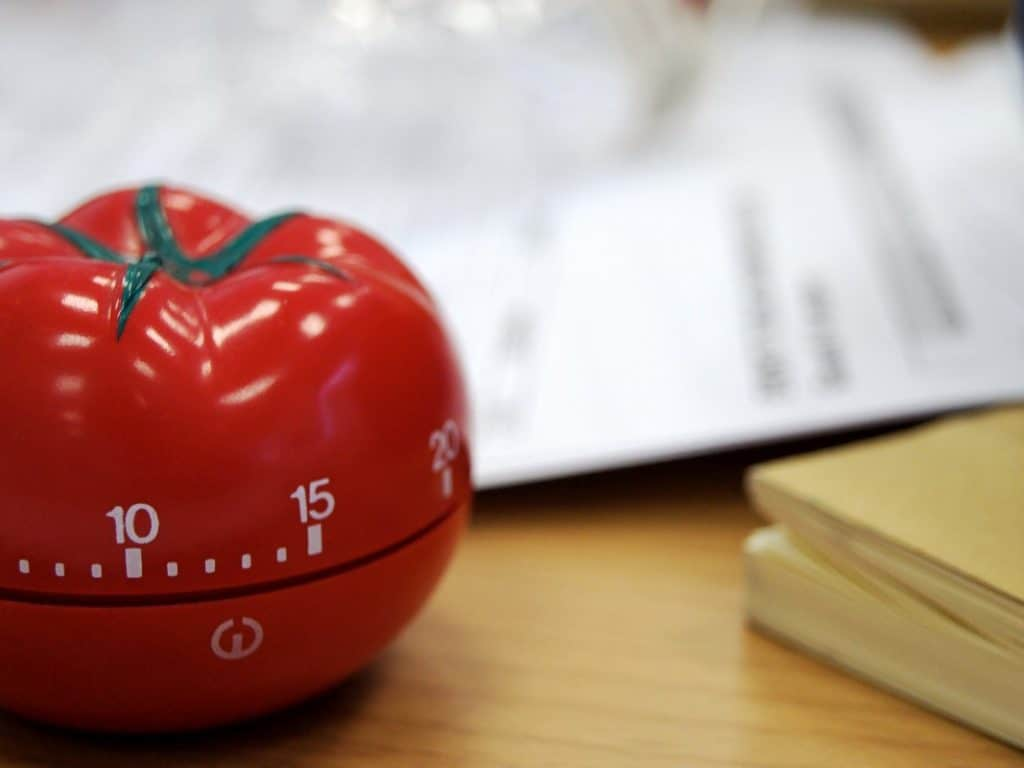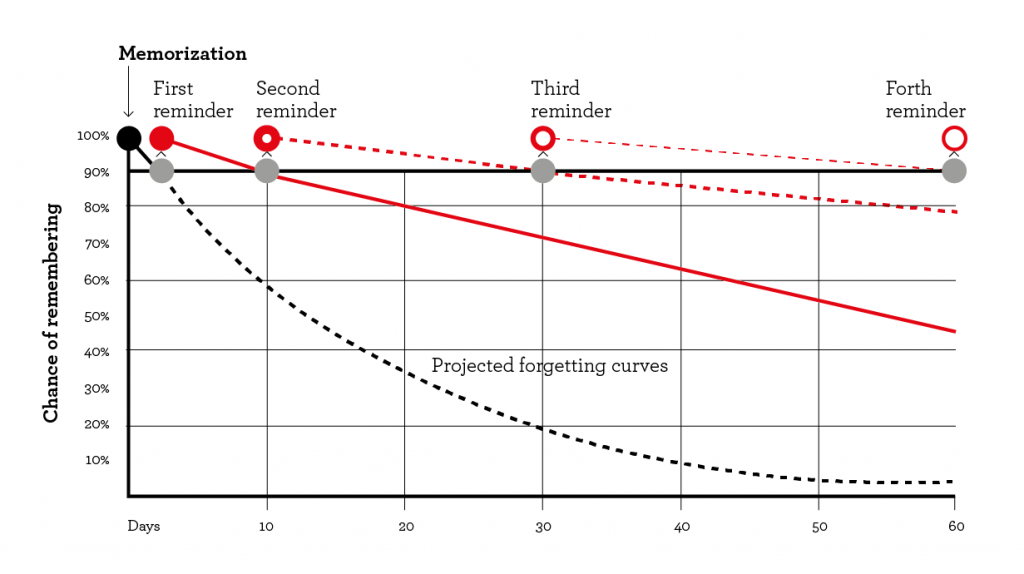Tackling the PSLE (Primary School Leaving Examination) is no mean feat, let alone during a pandemic when the teaching and learning landscape has dramatically changed. The panic and uncertainty pertaining this drastic change has weared off to a great extent; the bloom is off the rose and everyone has accepted that one has to go with the flow and be prepared for the unexpected.
The preparation for PSLE may occur in a rather unconventional manner with the circuit breaker in place, but the intensity of preparation is never jeopardised. Tuition teachers and school teachers are trying their best to train their students to the best of their ability.

Source: Sg.News
The prime concern for parents is whether children will be able to do justice to their hard work and capability despite the unideal situation. This concern and worry would translate into stress, and inevitably, it gets reflected on their children over time. The end result of all that undue stress: A joyless journey in preparing for the exams and a tensed relationship between parents and children.
To clear up the confusion, let’s take a look at the things that parents can do to guide their children and the strategies that children can incorporate to be better prepared for PSLE…
WHAT COULD STUDENTS DO?
SMART STUDY
Students often do not realise the difference between passive and active learning. The former is easier and less effort is required, while the latter is comparatively challenging but its most effective. Students need to realise that not all information is created equal; the high yield material needs to be what’s ingrained in the mind. (You’ve probably heard your teachers in school nag about using the necessary “key words” in answers!)

Source: NPR.ORG
Highlighting the words in textbooks and then reading them and re-reading them is a passive way of learning and this does not help at all. Students need to step out of their comfort zone and attempt to make their own notes by synthesising the topic and translating them in their own way. This better aid information retention.
TIME MANAGEMENT
The biggest enemy to productivity is procrastination. Primary school students often have a short attention span and sitting through long hours of study sessions at one place can be daunting and it serves no purpose as it will not be effective at the end of the day.
If the juice has to be worth its squeeze, strategy is important. Recently, the “Pomodoro technique” has gained some attention and it has become well-known study strategy that fights procrastination, improves focus and maintains endurance. The Pomodoro technique is essentially spaced out study blocks, meaning studying in 25-minute blocks with 5-minute breaks.

Source: Lifehack
However, it is important to note that students need the discipline to time themselves and resist the urge to extend those break times or reduce the study blocks. This is certainly easier said than done; but its highly effective.
SPACED REPETITION
Certain subjects like science has quite a huge amount of content and memorisation is a necessity. Though students may have understood the concepts, remembering and recalling the key words can be challenging. In order to get past this hurdle, students can utilise the technique of spaced repetition.
This technique was introduced by Hermann Ebbinghaus, a German psychologist and pioneer of quantitative memory research. It essentially requires students to review their material in intervals (ex. Day 1, day 2, day 4, day 6, etc.). Without repetition, memory fades from the mind the “forgetting curve” plotted on a retention against time graph would look like an exponentially decaying curve; and this is definitely what we want.

Source: Fs.Blog
This technique is not just applicable for PSLE students. It is an amazing strategy that works magic throughout one’s education journey so this can be continued through secondary and tertiary education!
WHAT COULD PARENTS DO?
Helicopter parenting does no good and only damages the relationship between parents and children so parents have to quit the nagging though it’s the most intuitively “helpful” thing that parents do. Giving children some breathing space and reassuring them that everything will be fine is of paramount importance. Once that’s taken care of, parents could guide their children in specific ways that not only alleviate the stress, but also contributes to effective exam preparation.
HEALTHY BODY, HEALTHY MIND
Parents often forget about their children’s health during exam season. Pulling all-nighters and having continuous study session with high levels of stress are a concoction for health damage. Children need the best nutrition and sound sleep in order to function at their optimum.
Junk food, packaged snacks, convenient food that comes in plastic wares and soft drinks take a toll on the health and leads to sluggishness which directly affects concentration level. Some children even develop the habit of skipping meals as they convince themselves of not being hungry when in actual fact, they are unable to sense a feel of hunger as they are not in tune with their body.

Source: Raisingchildren
Parents need to try their best to prepare homemade wholesome meals within their busy schedule in order. The damage is bigger than it seems and children will pay the price for it many years down the road.
TUITION
Tuition is one of the best options that students can go for in Primary school. Parents who have had their children graduate primary school with the help of tutoring services can vouch for its effectiveness. Many top scorers talk about how they are a testament to tuition’s success in creating a capable student. Tuitoring services in Singapore have many trained tutors on board ready to teach a wide range of subjects and it is well regarded by many.
Parents need not hesitate about getting their children to opt for this as primary level tuition teachers have the expertise to guide students in a systemic manner to achieve the best results possible within the available period of time. The biggest advantage is of course, students’ weaknesses can be tackled on its own terrain and the personalised teaching approach helps fill logic gaps at a much faster rate.
WHAT’S YOUR TAKEAWAY?
The most intuitive advice anyone would give for preparation of national exams is, “do as many practice papers as possible” or “make a rigid study timetable and stick to it”. These are sound advice but it may not be the most effective. Beavering away blindly serves no purpose; what’s important is strategic study sessions and a healthy body which effectively creates a healthy mind for children to prepare for the exam with a positive outlook!
